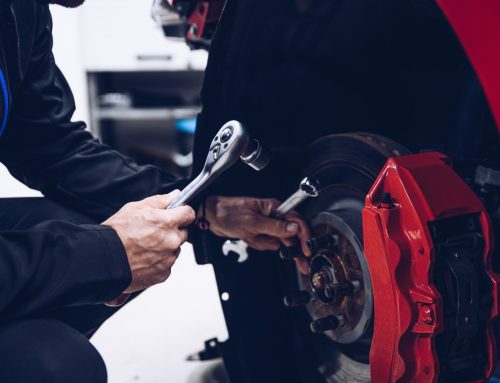An English engineer born in the late 1800s, in London, Frederick William Lanchester was a man who is marked in history as one of the greatest contributors to the development of automobile and aeronautic technology.
Lanchester completed his college work at Hartley University College followed by the National School of Science at Imperial College. After working a few years for the Forward Gas Engine Company of Birmingham, he decided to go out on his own and start up a workshop.
He recruited his brother and together they built the first petrol car in England. It was an internal combustion engine with a chain drive, a single cylinder 5 horsepower automobile.
Unsatisfied with his results, however, Lanchester redesigned it the next year, transforming it into a two-cylinder horizontally opposed engine. A new development, his wick carburetor made the auto more powerful and faster than the first.
Eventually bringing in a second brother, Lanchester and his group created the Lanchester Engine Company in 1900. Under this company name, Lanchester is credited with developing disk brakes, the crankshaft damper, the accelerator pedal, stamped steel pistons, detachable wire wheels and many other components still used in today’s vehicles.





